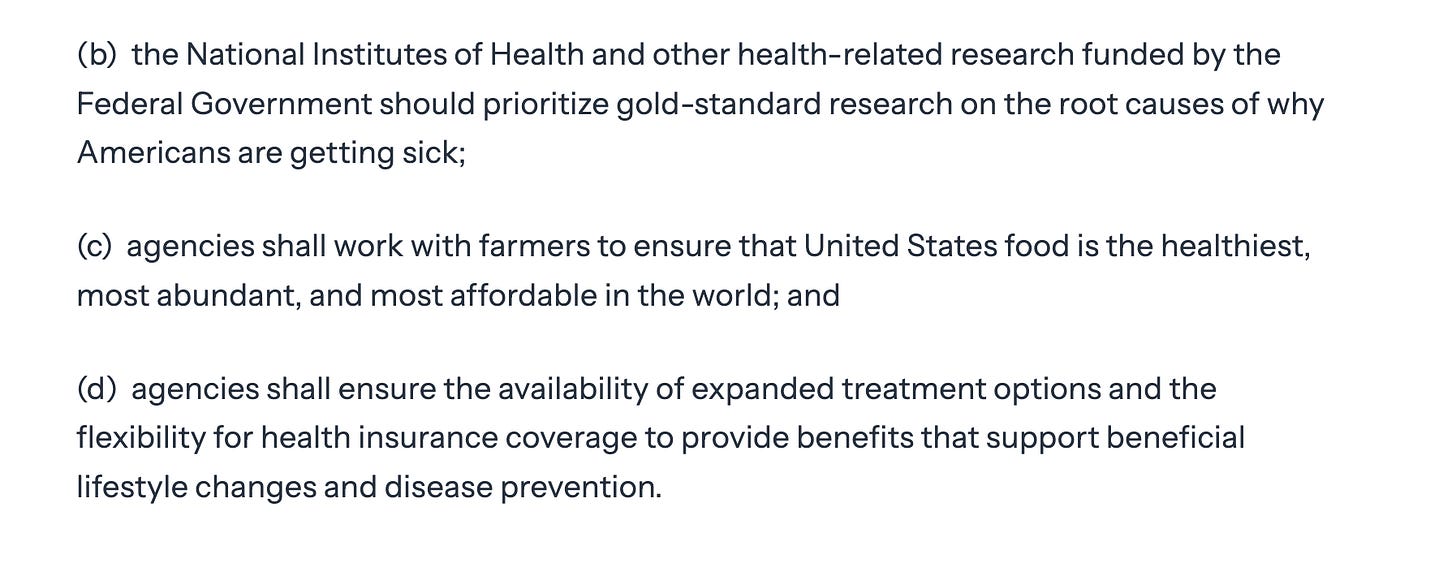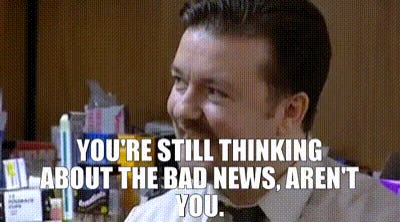Psychedelia's polarized views on RFK confirmation
Plus MAPS searches for a new leader, and ketamine slumber parties for tech execs
Anyone hoping the psychedelic community would come together in cosmic oneness after the Great Lykos Schism of 2024 may be disappointed, as the confirmation of Robert F Kennedy Junior as Secretary of Health and Human Services last week provoked starkly-polarised reactions from the field.
On the one hand, the psychedelic industry is jubilant. Seconds after the US Senate voted to confirm RFK, corporate press releases rained down on me like arrows at Agincourt, as various psychedelic industry insiders rushed to tell the world what good news RFK’s appointment was for the market. Here was one press release I got:
Available to provide expert insight is Doug Drysdale, CEO of Cybin, a clinical-stage biopharmaceutical company, who is at the forefront of these discussions. Coming out of meetings with RFK just a week ago, Cybin has direct insight into RFK's path forward.
So what, I asked the PR firm, is Doug’s expert insight into Bobby’s strategy?
Recognition of the therapeutic benefits of psychedelic treatment at a national level marks a significant development. I congratulate RFK Jr. on his confirmation and appreciate his openness to the potential of psychedelic therapeutics, which reflects a broader shift in how we approach mental health innovation.
I see!
The new MAHA commission calls for expanded treatment options and research into the ‘root causes’ of chronic illness - music to the psychedelic industry’s ears.
On the other hand, many of my friends in US academia at the moment are basically in the fetal position, rocking in a dark corner of the Senior Common Room. They’re in shock at the political events unfolding at breakneck speed – the apparent corporate takeover of the administrative state by Elon Musk’s DOGE; the purging of the language of diversity from government bureaucracy including public health; the slashing of government spending including USAID and National Institute of Health research budgets; the sudden exits from the WHO, the Paris Climate Agreement and (who knows?) maybe NATO; the planned mass deportations; the capitulation to Putin; the sacking of ‘enemies’ at the FBI and DoJ; and to top it all off, an anti-vax conspiracy theorist as Secretary of Health!
Yeah but what about the shrooms brother?
As you can tell, I am more on the pessimistic side, as I’m basically a pro-vax, centrist, rules-based-order, climate-anxious, Putin-phobic, liberal NPC normie. However, I recognize many EI readers are enthusiastic about RFK’s confirmation. So I asked two leading figures in the field for their opposing viewpoints - Dominic Sisti and Joseph Barsuglia. Thanks to both of them for their response.
First, here’s Dr Joseph Barsuglia, a very experienced psychedelic researcher and independent advisor to multiple psychedelic and wellness companies. Joseph attended a recent MAHA post-election ball, along with other psychedelic luminaries like Stanford’s Nolan Williams. Joseph shared these reflections in a personal capacity in light of public articles written about or by RFK, Jr. and Jim O’Neil, and has no affiliation with the administration.
How do you feel about RFK’s confirmation, as a psychedelic researcher and practitioner and long-term MAHA supporter?
I feel tremendously hopeful, because I think they're globally going to rethink what is causing chronic disease, which Bobby Kennedy has talked about as the number one task - what are the causes, and how do we expedite treatments and improve health in a really exponential and rapid manner? I think it takes someone who could be a disrupter in a positive way to tocreate positive disruption in reforming the drug approval process and the regulatory process, to get treatments that work to people in a faster way. I think they're going to be conservative too, they're also aware of the risks, and I don't hear any of them talking about broad decriminalization, which can be a hot topic, or doing it outside of regulatory frameworks for medicine.
What sort of things might happen?
From what I've what I understand from the public statements they have made in the past, I would say increased NIH funding for psychedelics, I would say expedited approval processes and a greater use of things like expanded access and right to try, for veterans and possibly for other life-threatening illnesses. Jim O'Neill [nominated as deputy secretary of HHS] has worked a lot in the private sector, and I think there may be some opportunity for more public private partnerships to incentivize and expedite innovation in psychedelics. Jim has a really rich history in funding innovation through the SENS Research Foundation [a foundation funded by Peter Thiel to research longevity]. With someone like Jim O'Neill, you have someone who has the best of both worlds, because he's been in HHS, and he's also worked in the private sector in healthcare innovation, and he understands and has critiqued publicly the problems with regulatory bottleneck.
What might be the impact for companies like Lykos?
It’s a great question. I think - this is totally conjecture - but Jim O'Neill has said publicly that he's in favor of cutting back the number of phases required by FDA to get a drug in to the clinic, and so if they were hypothetically to make some reform of the regulatory hoops that need to be jumped through, companies like Lykos or Compass could theoretically be grandfathered in because they've already completed either phase 2b studies or phase three studies. It might be different with Lykos, because they actually had a denial by FDA, but I would think they are the furthest along. So maybe there could be some analysis and cautious expedited approval given a certain level of review. And then in the scenario that regulatory bottlenecks were removed, if theoretically phase three was removed, I think FDA always has phase four studies and post market surveillance, which is actually better data, because it's real world data.
I'm also excited because Bobby has fought for indigenous rights, and I think that's a central part of the psychedelic story that's been really missing from psychedelic drug development. And he also has spoken publicly about the importance of spirituality for health, which is also missing from the medicalization of psychedelics. So to me, outside of medical safety, those are maybe the two most important areas to address - the inclusion and reciprocity with indigenous groups and the accessibility of these treatments by First Nations people, and the nature in which psychedelics operate through a spiritual mechanism. If we can help spiritualize medicine a little bit more, I think that is the future and definitely required for responsible psychedelic administration, because a vast majority of people that take a high dose of psychedelics have a spiritual experience, and the medical system is not really adequately prepared for that
For the alternative view, here’s Dominic Sisti, who is associate professor in the Department of Medical Ethics & Health Policy at the University of Pennsylvania:
We have a health secretary who refuses to accept the fact of germ theory. So I’m not very confident he’ll make smart, evidence-based decisions about psychedelics that advance the science and protect patients. Psychedelic enthusiasts should be careful what they wish for.
Here’s another leading psychedelic researcher from academia:
RFK Jr. has repeatedly voiced opinions that contradict established science and circulated claims that have been disproven. It is essential that the HHS rely on scientific evidence to promote public health. These issues take precedence over anything about psychedelics.
A range of views, then. What’s your take? Let me know in the comments, and be polite to each other please. We are all about cosmic oneness here at EI.
After the paywall, who are the nominations for leading roles at HHS, and what have they said about psychedelics? Plus MAPS’ executive director steps down, and an interview with a psychedelic exorcist who got stabbed by a client.






